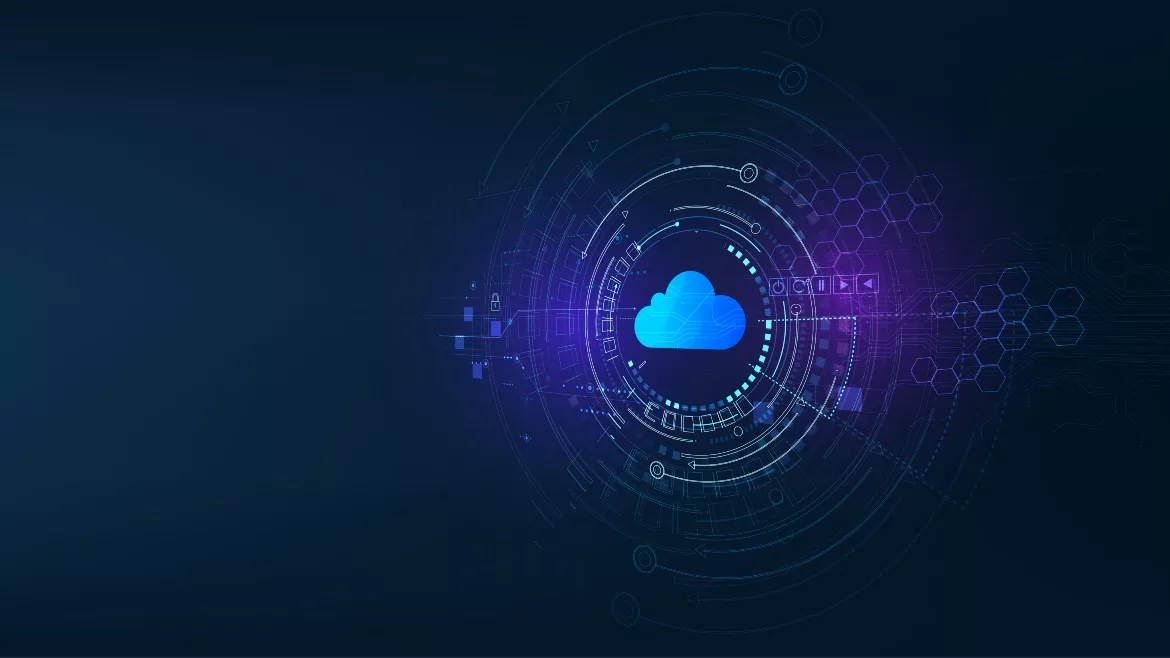Security concerns are biggest barrier to cloud adoption

The majority of organizations are accelerating their cloud adoption, with 97% of IT leaders surveyed stating that their strategy includes the expansion of cloud deployments, according to new Confluera research. The report explores how IT leaders detect, evaluate and act against cybersecurity threats in today’s cloud environment.
The strategy includes expansion in scale and, in many cases, the adoption of multiple platforms such as AWS, Google Cloud and Azure. This strategy is not without its challenges, however. Approximately 63% of IT professionals identified cyber threats designed to target cloud services as the top obstacle to their cloud strategy.
Cloud and multi-cloud adoption has greatly increased the workload of already burdened IT teams. Of the 200 IT leaders surveyed, only about half of the respondents said they are adequately staffed to manage the frequency of alerts they receive. IT teams spend 54% of their time investigating security alerts, with over half of those alerts turning out to be false or benign alarms. As threats within the cloud proliferate, IT leaders are looking for solutions to help them quickly separate the signal from the noise to act on the real threats promptly.
Some key findings of the survey as it relates to cloud deployments are below:
- More than 65% of IT leaders said cloud IaaS adoption (AWS, Azure, Google Cloud, etc.) was the primary contributor to their increased workload in 2021
- When asked what challenges were associated with adopting multiple cloud platforms,
- 69% said maintaining consistent cybersecurity coverage across all cloud infrastructures
- Nearly 50% said securing the resources to manage different cloud infrastructures
- Nearly 45% identified the difficulty in detecting threats progressing from one cloud infrastructure to another
John Morgan, CEO of Confluera, says, “Organizations need to ensure proper people, processes, and tools are in place for the team to expand the complex cloud environments without sacrificing their attention to security.”
Morgan adds, “To make matters worse, the Great Resignation has demonstrated the burnout that workers across the U.S. economy are feeling, and nowhere is this burnout more obvious than in the cybersecurity teams. Organizations must ensure frequent conversations between executives and cybersecurity managers to ensure they are well equipped to adequately manage alerts, maintain systems, and avoid burnout within their teams.
Other key findings include the following:
- 85% of IT leaders said that they experienced increased workload due to shift in work model, including remote workers
- Nearly 70% of IT leaders said that the change in the work model has made it more difficult to keep company resources secure
- Nearly 59% of all alert investigations turn out to be false alarms or benign activities
- 90% of IT leaders said they create threat storyboards but close to 60% rely on third-party services to create storyboards after the incident
Vishal Jain, Co-Founder and CTO at Valtix, says the findings of this report are not at all surprising. "Security in the cloud is different than security in the datacenter. Unfortunately, many organizations are catching up to that reality. Having solutions that reduce alert noise certainly can help, but really one of the biggest causes of breaches in a dynamic environment like cloud is lack of visibility and control over workload connectivity. Specifically, public cloud connectivity between workloads is relatively open. Add in open paths to the public internet and the risk of a breach as a result of this control gap is significant."
The 2022 Cloud Cybersecurity Survey Report study showcases 200 U.S. IT leaders’ perspectives at medium to large organizations.
Looking for a reprint of this article?
From high-res PDFs to custom plaques, order your copy today!








